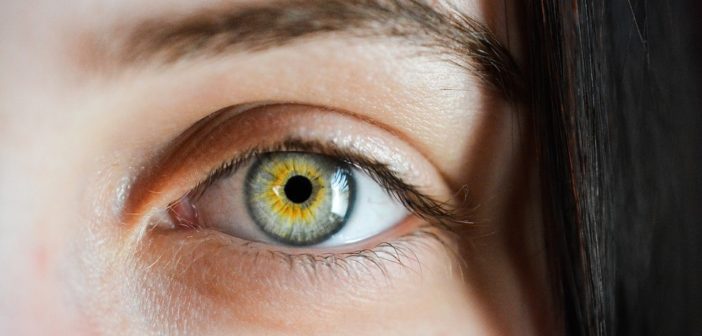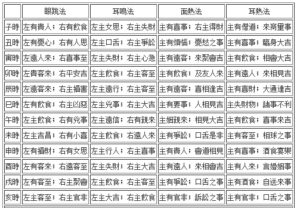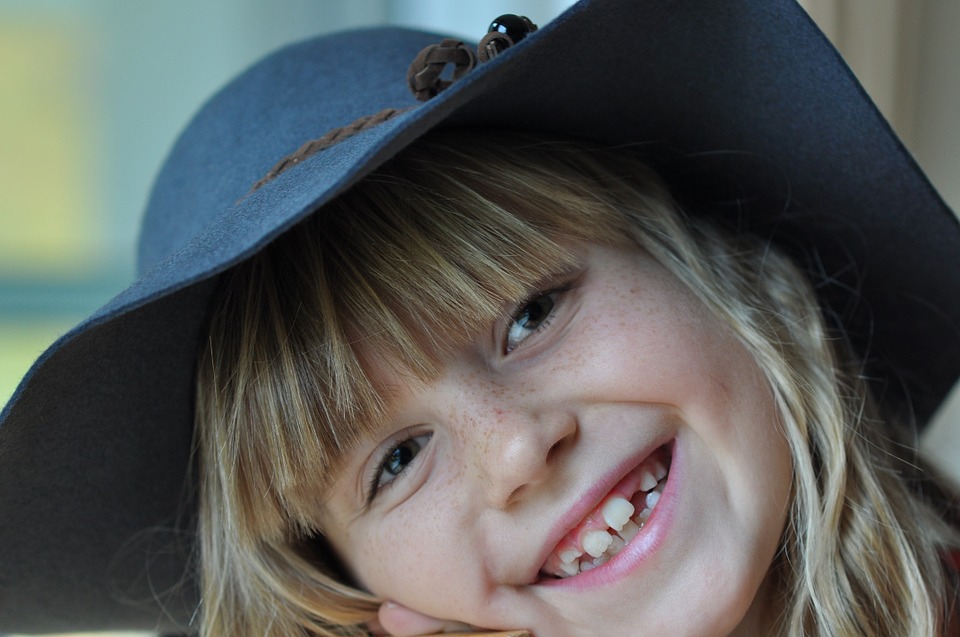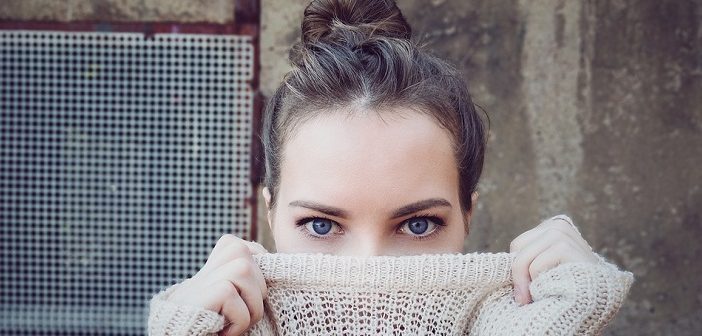Do you ever get really excited about finding a four leaf clover, cross your fingers whenever you wish for something, or even get a bit nervous when the 13th falls on a Friday? These are all common superstitions in the west and as silly as some of them may sound, it is undeniable that they are ingrained as part of one’s culture. Similarly, China has its fair share of superstitions as well. Here are a few of these Chinese superstitions to help you avoid any bad luck while you call China home.

A twitch of the left eye forecasts fortune but a twitch of the right eye may forecast disaster
(Zuǒyǎn tiàocái,yòuyǎn tiàozāi, 左眼跳财,右眼跳灾)
 In Chinese culture, people generally believe that there is a Yin and a Yang, or one good and one bad. So people naturally attach the meaning of “jumping for wealth” (跳财, tiàocái) and “jumping for disaster” (跳灾, tiàozāi) to these two phenomena, especially when related to the twitching of the left eye or the twitching of the right eye. According to The Jade Box by Xu Xun, a celebrated Daoist priest of the Jin dynasty (AD 265-420), people created a specific timetable to analyze luck and misfortune for the twitching of their eyes. For example, at the time of Zǐshí (子时, the period of the day from 11 pm to 1 am), if your left eye twitches, it means good luck and you will get someone’s help; if your right eye twitches, you will save a lot of money by having someone invite you to dinner.
In Chinese culture, people generally believe that there is a Yin and a Yang, or one good and one bad. So people naturally attach the meaning of “jumping for wealth” (跳财, tiàocái) and “jumping for disaster” (跳灾, tiàozāi) to these two phenomena, especially when related to the twitching of the left eye or the twitching of the right eye. According to The Jade Box by Xu Xun, a celebrated Daoist priest of the Jin dynasty (AD 265-420), people created a specific timetable to analyze luck and misfortune for the twitching of their eyes. For example, at the time of Zǐshí (子时, the period of the day from 11 pm to 1 am), if your left eye twitches, it means good luck and you will get someone’s help; if your right eye twitches, you will save a lot of money by having someone invite you to dinner.

It is bad luck to open an umbrella indoors
(Wūlǐ dǎsǎn shénjīng guàidàn, 屋里打伞,神经怪诞)
People have believed for hundreds of years that opening an umbrella indoors will bring bad luck “raining” down on you. In China, some people also believe something unnatural and bad will happen when an umbrella opens indoors. Folklore has it, umbrellas have an energy of Yin, which means an evil spirit. An open umbrella in the house tends to attract bad luck. Not to mention “伞” (sǎn) also sounds like “散” (sàn) in Chinese, which means “separation”. Nevertheless, some people believe it’s only bad luck if the umbrella is black.

Bottom teeth are thrown to the roof, while the upper teeth go under the bed
(Xiàyá diàole rēng fángdǐng, shàngyá diàole rēng chuángdǐ, 下牙掉了扔房顶,上牙掉了扔床底 )
Unlike America, when kids lose a tooth, they will put it under the pillow, then go to sleep. In Chinese culture, kids who lose teeth from their lower jaw will throw their teeth onto the roof, while upper teeth go under the bed, which is mimicking the trajectory that ideal tooth growth takes, straight and strong. That’s not all, they will also sometimes yell out a wish to grow a perfect looking, new tooth in its place.
Photos: pixabay.com




